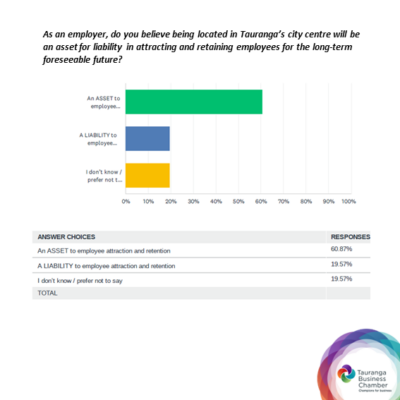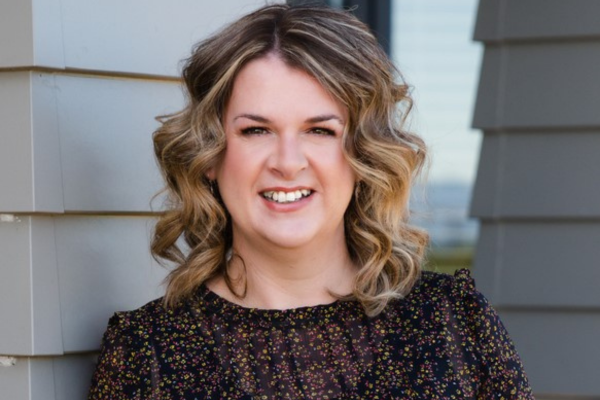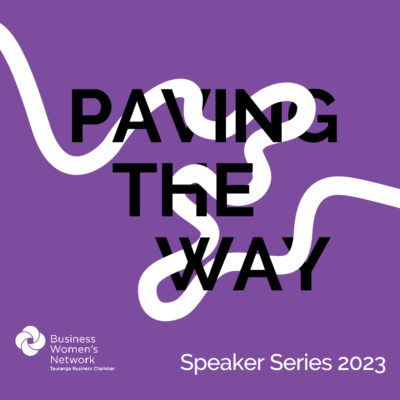As the dust begins to settle on Government support packages and lifelines for small businesses, what do the next 12 months have in store and how can those businesses feeling the impacts of COVID-19 put plans in place to successfully come out the other side?
Michelle Mortlock, director at Elevation Chartered Accountants Ltd, provides us with some advice and insights for small businesses regarding finances, tax and cash flow – what are the challenges business owners are facing, and how can they mitigate risk and make some good plans?
What are the biggest financial challenges facing small businesses right now?
Cash flow is the number one priority. The next couple of months will be the key time for most businesses as the additional funds from the COVID-19 wage subsidy and Government small business loan will run out.
In August, the first installment of provisional tax is coming up and many people will not have saved for this.
Increasing sales will be the key to helping cash flow – but equally to ensure that costs are not increasing.
IRD has introduced a number of policy initiatives regarding tax, what are some of the key ones businesses need to be aware of?
For most small to medium business, there are not a lot of changes that will make a significant difference to them, however there are some opportunities:
- There is now more discretion to remit use-of-money interest (UOMI) for customers significantly adversely affected by COVID-19. You must be able to explain the way COVID-19 affected your business and put an arrangement in place for all taxes outstanding at the time.
- Increasing the provisional tax threshold from $2,500 to $5,000 from 2020/2021 – purely a timing issue of when you pay the tax.
- Increasing the small asset depreciation threshold from $500 to $1,000 – and to $5,000 for the 2020/21 tax year – this is an opportunity if you do have some fixed assets you need to buy and would like to expense the entire asset rather than depreciate it – however you either need to have some extra cash or be able to obtain a loan.
- Allowing depreciation on commercial and industrial buildings from 2020/2021.
- Changing the hours test for the In-Work Tax Credit (IWTC) from 1 July 2020.
- You will be able to elect into the loss carry-back scheme if you’re expecting to make a loss in the 2019/20 or the 2020/21 year. This policy is only effective if you make a loss in the current year and have paid tax for the 2020 financial year – most businesses will make a loss compared to the prior year but not an actual tax loss.
- As with every tax change you must apply it to your individual situation so advice on these changes is recommended.
With regards to some of the Government support options, what are some key considerations businesses should keep in mind i.e. tax they may need to pay back, income implications, repayment obligations, managing the loan etc?
The wage subsidy scheme has been overcomplicated by many business owners – having an expert confirm your eligibility is recommended as the government may audit your entitlement and require repayment of the subsidy.
One thing that has not been clear with the wage subsidy scheme is whether it is taxable or not – this is based on individual circumstances and how you pay yourself in many cases. The first thing to remember is NO GST applies. Then when preparing your financial statements and income tax return there may be an apportionment of the subsidy completed in your accounts depending on when you received the initial subsidy.
A lot fewer businesses are eligible for the second subsidy currently as they had an initial flurry of income as we moved down the COVID-19 levels – however, if you do have another decline in income over the next few weeks you may have fallen to levels within the criteria to apply (last date to apply is September 1.)
The loan scheme has been a great way to help with current overheads, however the repayments must be factored into your future cashflow and if you are looking for additional finance from banks for your business or a mortgage then these commitments are impacting on your borrowing. One way the cashflow scheme can help save in the short term is if you are currently in overdraft you can put the loan into your overdraft account and pay less interest. It will also save you time as you can pay some more creditors and stop the phone calls and emails which allows you to be more productive.
Note, there are some other initiatives but these are quite industry specific – feel free to ask what is available for you.

Going forward, what are some measures or strategies businesses can put in place to manage their cashflow / finances?
There are so many strategies any business can put into place, but primarily you must understand your financial position and whether your business is actually financially viable with your current products and services.
I always start with the simple profit and loss forecast for the next 12 months then add in any other commitments like taxes, capital purchases and loan payments. If your cashflow does not work with this simple approach then a new strategy is required sooner rather than later.
A honest appraisal of income and expenses is essential – some of the questions I ask are:
- What revenue lines actually sell and do they have a good profit margin?
- Do you need to increase your prices?
- What is your capacity to add new products or services?
- What can you automate to add capacity?
- How can you get each customer to spend more with you each time and on a more regular basis?
- Is each expense essential?
- Can you buy locally made to ensure continuity of raw materials?
- Do you need to change some staff hours? Restructure or make redundant?
- Are you paying for services you no longer need?
Sometimes a small tweak can make a big difference. Keep looking for opportunities.
Anything else you’d like to add?
Mentoring and coaching adds a new dimension to the traditional accounting services we offer.
By entering into regular mentoring and being accountable you will achieve more than by yourself. Being a business owner is lonely and having someone who truly understands your business changes your journey.
I love working with business owners who want to create a legacy for their business. In my experience once the owner shares the journey and is supported to make big decisions the business grows and becomes very successful. If you want to go on a journey we can help you and our first consultation is always free – and you will leave with your first action plan.
If you would like to have a free consultation click here and find a time.
















































